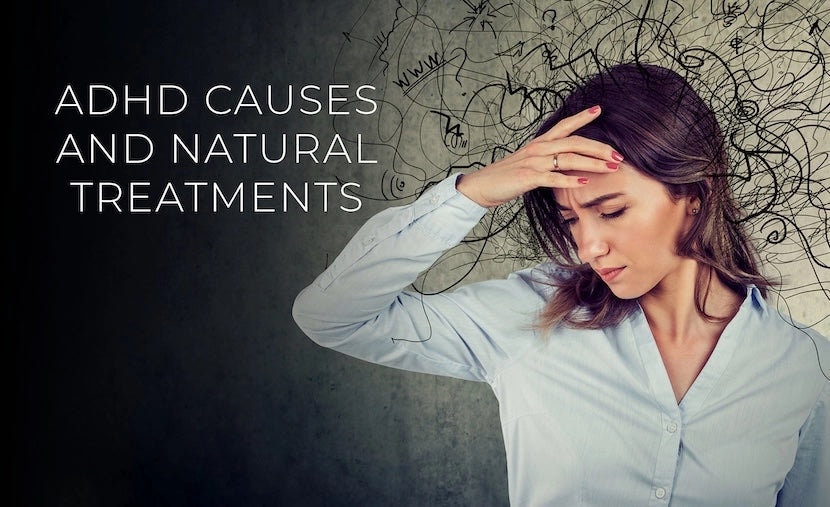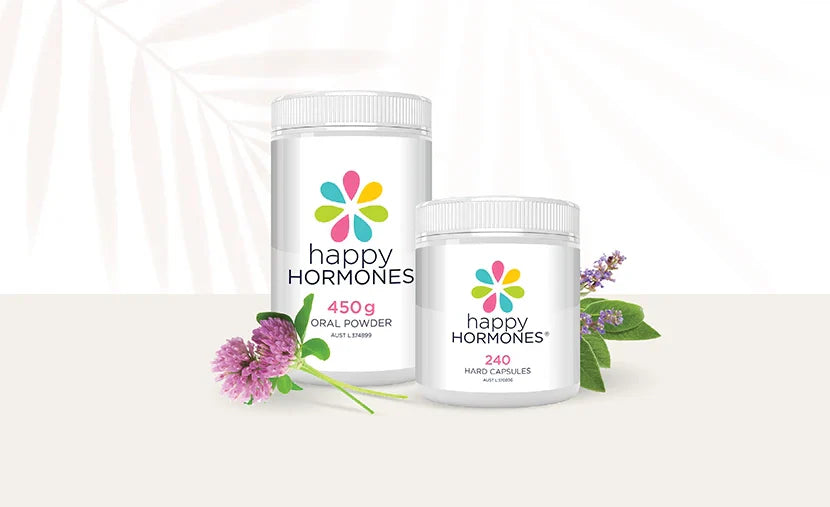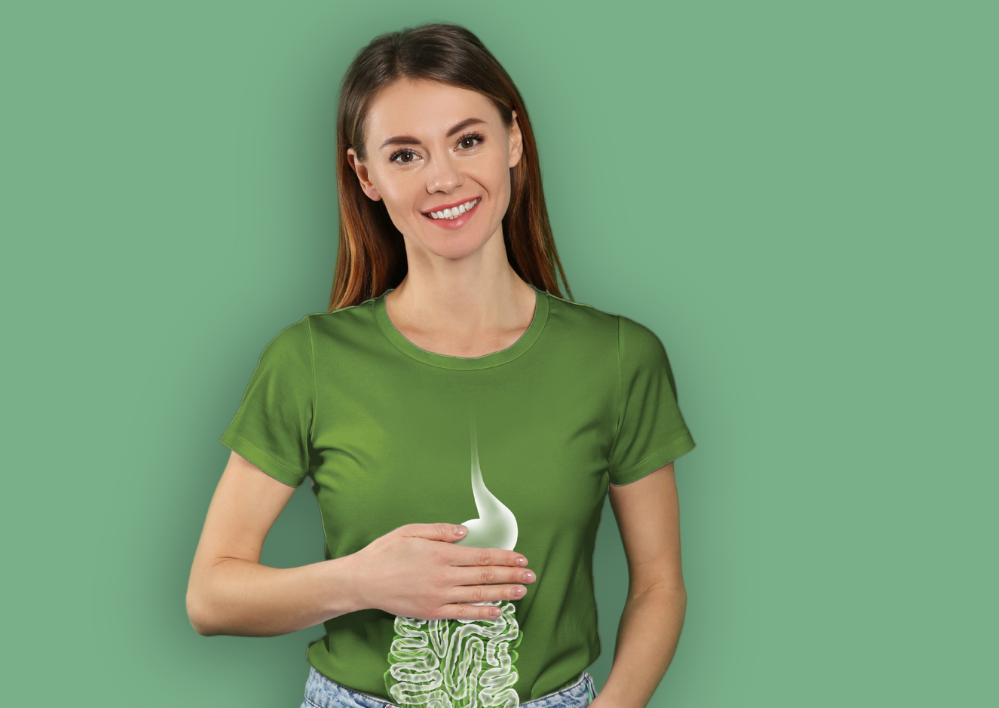Introduction
Attention Deficit Hyperactivity Disorder (ADHD) is a neurodevelopmental condition characterized by inattention, impulsivity, and, in many cases, hyperactivity. While ADHD is commonly associated with children, its impact extends into adulthood, with women often experiencing unique challenges due to hormonal fluctuations. These hormonal changes can intensify symptoms such as distractibility, mood instability, and difficulties in executive functioning.
The causes of ADHD are multifaceted. Genetic predisposition plays a significant role, with a large percentage of cases linked to family history. Neurotransmitter imbalances, particularly in dopamine and norepinephrine, further contribute to the disorder. Additional factors such as prenatal exposures to toxins, premature birth, low birth weight, and environmental stressors can also influence the development of ADHD. Emerging research even points to the importance of dietary factors and gut health, suggesting that nutrient deficiencies and imbalances in the gut microbiome may exacerbate symptoms.
This article explores a holistic approach to managing adult ADHD in women by focusing on natural ingredients that support both brain and gut health. By examining key nutrients like magnesium, B vitamins, botanical extracts, targeted micronutrient blends, and gut-friendly compounds such as probiotics and digestive enzymes, we can begin to understand how these elements work together to improve cognitive function and emotional balance. By understanding the underlying causative factors of ADHD and how these ingredients can mitigate symptoms, individuals can develop a more comprehensive and natural strategy to support their well-being.
Understanding the underlying factors that contribute to ADHD can help in creating a holistic approach to managing symptoms. Here are some of the key causative factors based on current research:
Genetic Predisposition
ADHD is highly heritable, with estimates suggesting that up to 70–80% of cases have a genetic component.
Family history plays a significant role in an individual's risk of developing ADHD.
Neurotransmitter Imbalances
Research indicates that irregular levels of neurotransmitters such as dopamine and norepinephrine are common in ADHD, affecting attention and impulse control.
Prenatal Exposures
Exposure to toxins (e.g., tobacco smoke, alcohol) or certain medications during pregnancy has been linked to a higher risk of developing ADHD later in life.
Premature Birth and Low Birth Weight
Being born prematurely or with a low birth weight is associated with an increased risk of ADHD, possibly due to underdeveloped neurological systems.
Environmental Factors
Early exposure to environmental toxins (such as lead) and psychosocial stressors can contribute to the development or severity of ADHD symptoms.
Dietary Factors and Gut Health
Nutrient deficiencies and imbalances in gut microbiota may affect brain function, reinforcing the importance of a healthy digestive system in managing ADHD. Some of our solutions to rebuild GUT health are Happy Digestion, Happy Greens and Happy Collagen.

Hormonal Changes
For adult women, fluctuations in hormones during menstruation, perimenopause, and menopause can exacerbate ADHD symptoms by affecting neurotransmitter levels and overall brain function.
Key Natural Ingredients Beneficial for ADHD
Magnesium
Benefits for ADHD:
Plays a vital role in nerve transmission and neuromuscular regulation.
Exhibits a calming effect on the nervous system, which can help reduce hyperactivity and improve focus.
Research Insights:
Some studies have observed that magnesium supplementation can lead to approximately a 20–25% reduction in hyperactivity and irritability.
A popular tri for assisting ADHD are Happy Period, MSP - Magnesium Sleep and Pain, and our famous Happy Calm.

B Vitamins (Especially B6 and B12)
Benefits for ADHD:
It is crucial for the synthesis of neurotransmitters like serotonin and dopamine that regulate mood, attention, and cognitive function.
Support energy metabolism and overall brain health.
Research Insights:
Optimizing B vitamin levels has been associated with improvements in attention and cognitive performance by around 15–20% in select studies.
Botanical Extracts (Lemon Balm, Passionflower, Rhodiola, Ashwagandha)
Benefits for ADHD:
Traditionally used to reduce stress and promote relaxation, helping to ease anxiety and restlessness often seen with ADHD.
Assist in balancing mood and reducing mental fog, which can indirectly support better concentration.
Research Insights:
Clinical trials suggest these herbal extracts may reduce anxiety levels by about 20–30%, thereby mitigating secondary symptoms of ADHD.
Micronutrient Blend (Antioxidants, Essential Fatty Acids, Trace Minerals like Zinc)
Benefits for ADHD:
Antioxidants protect brain cells from oxidative stress.
Essential fatty acids maintain cell membrane integrity and neuronal function.
Trace minerals, such as zinc, play an important role in neurotransmitter synthesis and regulation.
Research Insights:
Comprehensive micronutrient formulas have shown improvements in ADHD symptom severity by roughly 25–30% in some populations.
Probiotics and Digestive Enzymes
Benefits for ADHD:
Promote a healthy gut microbiome because much of the body’s serotonin is produced in the gut.
Enhance nutrient absorption and reduce systemic inflammation, supporting overall cognitive and emotional balance.
Research Insights:
Emerging research on the gut–brain axis has indicated that these ingredients can improve mood and cognitive function by approximately 15–20%, with some studies noting up to a 17% improvement in anxiety-related symptoms.
In Summary:
A holistic approach to managing adult ADHD in women involves both supporting the brain and gut with targeted natural ingredients and understanding the multifaceted causative factors. By addressing nutritional imbalances, neurotransmitter regulation, and digestive health while acknowledging genetic and environmental influences, women can create a balanced strategy to help alleviate ADHD symptoms. We have a choice of 4 products that can assist with many of the symptoms associated with ADHD. Happy Period, Happy Digestion, Happy Calm and MSP. We suggest you take our online assessment as a first point to getting started. Click here to take the assessment now.









Leave a comment
This site is protected by hCaptcha and the hCaptcha Privacy Policy and Terms of Service apply.